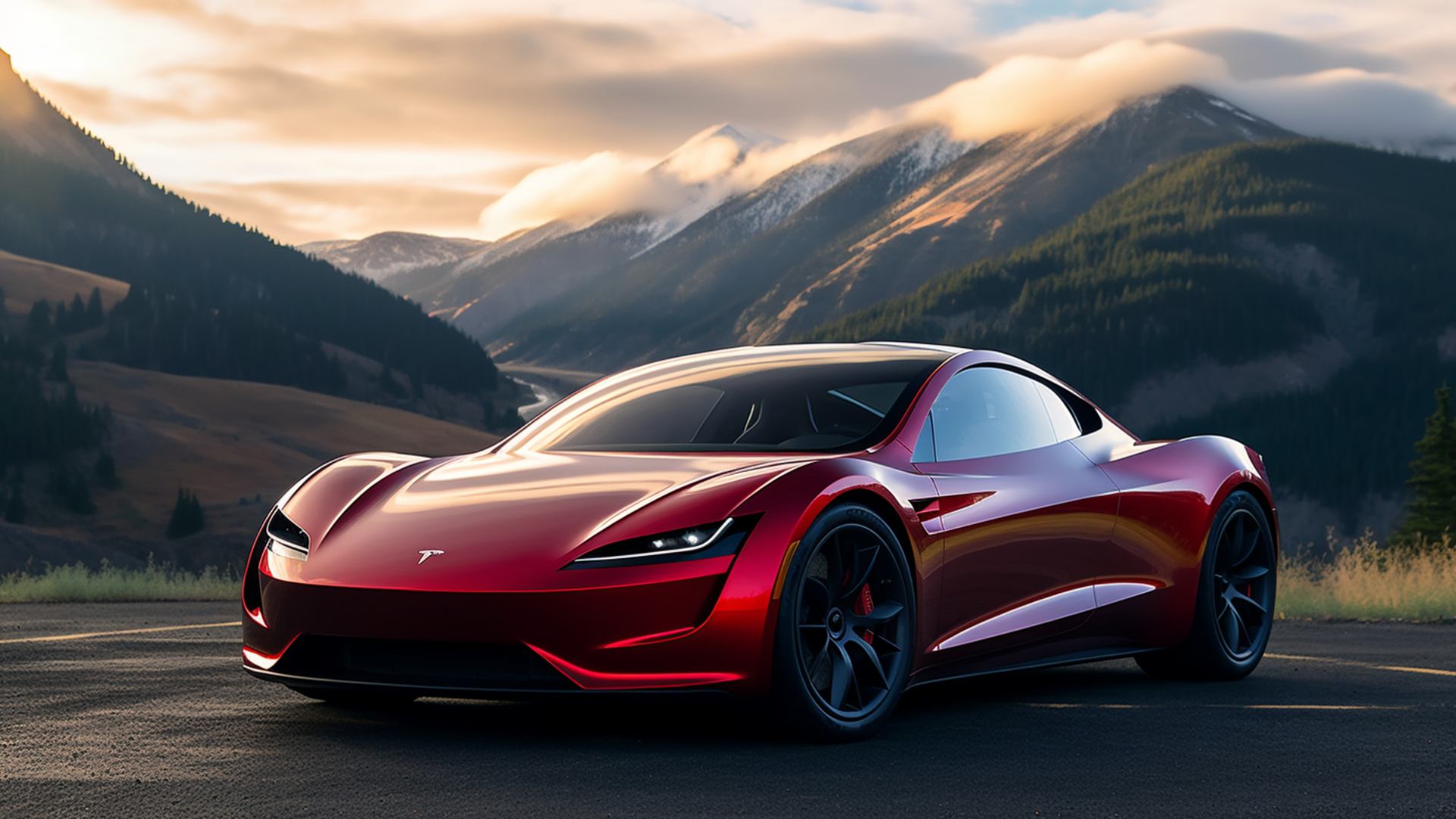Shop At Haya: Your Ultimate Shopping Guide
Discover the best shopping tips, trends, and deals for a smarter buying experience.
Electric Cars: The Hype, the Hope, and the Hiccups
Uncover the truth behind electric cars—explore the excitement, the future potential, and the challenges that come with the shift to EVs!
Understanding the Real Benefits of Electric Cars: Hype vs. Reality
As the popularity of electric cars continues to surge, understanding the real benefits of this technology is essential for potential buyers. The hype surrounding electric vehicles (EVs) often highlights their environmental benefits, such as reduced greenhouse gas emissions and lower dependence on fossil fuels. However, the reality presents a more nuanced picture. While it's true that EVs contribute to cleaner air and lower carbon footprints when charged with renewable energy, factors like battery production's environmental impact and the source of electricity must not be overlooked. Examining these aspects reveals that the benefits of electric cars extend beyond just the driving experience to include sustainability considerations that vary by region.
Additionally, the economic benefits of owning an electric car often spark debate. Many claim that EVs can lead to significant savings in fuel and maintenance costs. While it's accurate that electric vehicles typically have lower operational costs, the initial purchase price can still be a barrier for many consumers. Various government incentives and tax credits can mitigate these costs, making EVs more accessible. Ultimately, understanding the hype versus reality of electric cars means considering both the long-term economic advantages and the upfront investments required. As technology evolves and battery prices decrease, it's likely that the balance will shift even further in favor of EV adoption.

Common Misconceptions About Electric Vehicles: Separating Hope from Hiccups
Electric vehicles (EVs) have been gaining significant traction in recent years, yet they are still plagued by common misconceptions that deter potential buyers. One prevalent myth is that EVs are too expensive compared to their gasoline counterparts. While it's true that the upfront cost of electric vehicles can be higher, many forget to consider the long-term savings on fuel and maintenance. According to estimates, the total cost of ownership for an EV can be significantly lower over its lifetime due to federal tax incentives and reduced operating costs. Separating hope from hiccups means recognizing the evolving market and the increasing availability of affordable models.
Another common misconception is the belief that electric vehicles lack the range necessary for everyday use, leading many to worry about running out of battery power on long trips. However, advancements in battery technology have greatly increased the driving range of EVs, with many new models offering over 300 miles on a single charge. Moreover, the growing network of charging stations has made it easier than ever to recharge during longer journeys. By debunking these myths, we can foster a better understanding of electric vehicles and their benefits, paving the way for a greener future. Hope over hiccups is key to embracing this transformative technology.
Are Electric Cars Truly the Future of Transportation?
The rise of electric cars has ignited a significant debate about their potential as the future of transportation. With concerns over climate change and fossil fuel depletion, many argue that electric vehicles (EVs) offer an essential solution. Unlike traditional gas-powered cars, electric vehicles produce zero tailpipe emissions, making them a cleaner alternative that aligns with global sustainability goals. As technology advances, we see improvements in battery life, charging infrastructure, and overall affordability, which enhance the practical appeal of electric cars for everyday consumers.
However, challenges remain on the road to widespread adoption. The electric vehicle market still faces hurdles such as limited range in comparison to conventional vehicles, inadequate charging stations, and the environmental impact of battery production. Furthermore, while government incentives are helping to promote the use of EVs, public opinion still plays a crucial role. Many consumers remain hesitant due to misconceptions about reliability and performance. As the automotive industry shifts towards sustainable practices, it becomes essential to address these concerns, paving the way for electric vehicles to become a fundamental part of our transportation ecosystem.